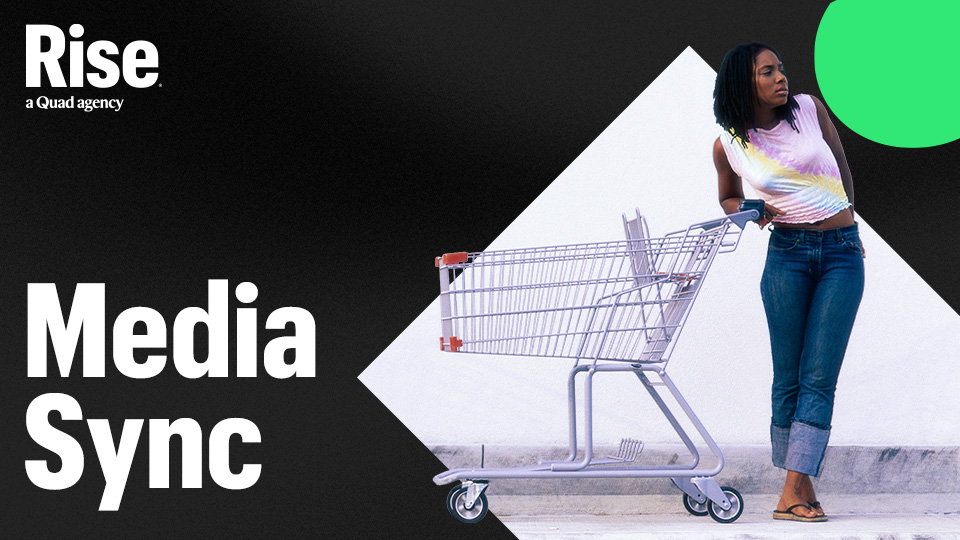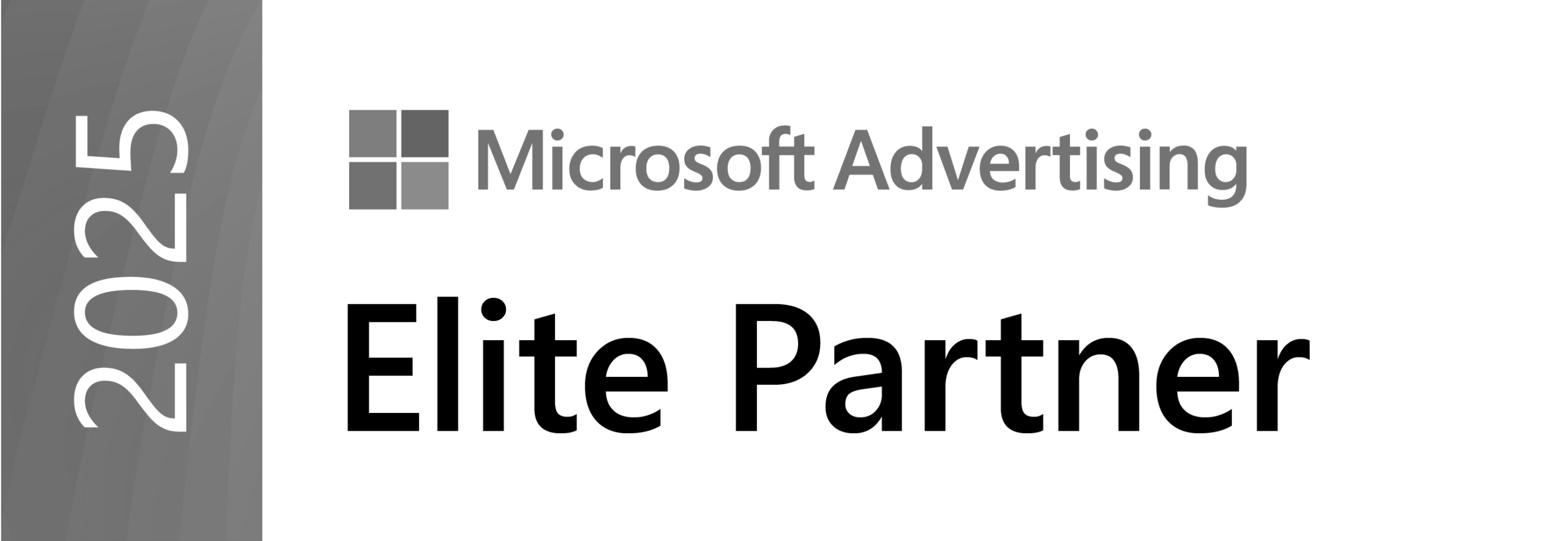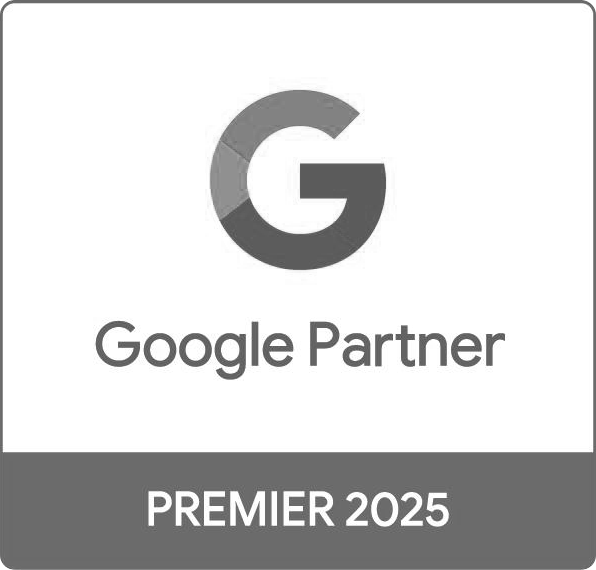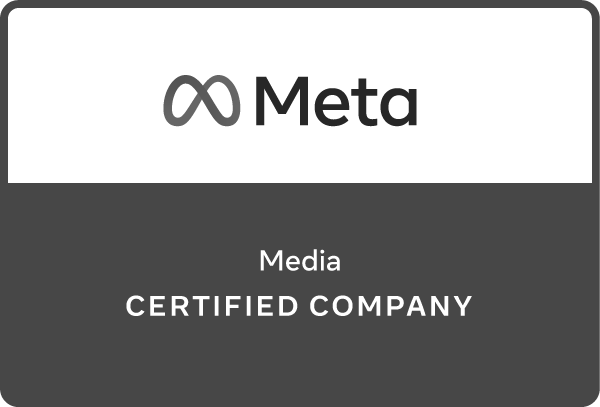
Imagine a world where you simply input your campaign’s target audience and objective — and then within moments, an AI agent builds the plan, finds the inventory and activates it for you.
That world isn’t a distant dream. It’s what the Ad Context Protocol is setting in motion.
Because we don’t have enough acronyms in our industry, please welcome AdCP, a new open standard designed to let AI systems (aka buy-side agents such as DSPs) and ad platforms “speak” the same language.
Instead of building separate integrations for each DSP, SSP or publisher, AdCP gives agents a unified framework to negotiate, activate and measure media buys automatically. Its founding members include Optable, PubMatic, Scope3, Swivel, Triton Digital and Yahoo.
It’s:
- Open: powered by community-driven specs and code, publicly available for collaboration.
- Agent-first: built to power natural-language automation (e.g., “Run a CTV campaign in Midwest news outlets for 18-34s”).
- Complementary: designed to work alongside existing infrastructure like OpenRTB, not replace it.
In short, AdCP is the connective tissue between AI agents and today’s ad-tech stack, turning campaign execution into something that can be automated and audited.
Why now? Well, it’s no secret that AI continues to be the biggest buzzword not just in advertising and media, but across all industries. AI-driven automation is finally capable of planning and executing complex ad workflows, solving common issues with fragmented APIs and integration overhead.
Last year, Rise was one of the early adopters of ViantAI, which is Viant DSP’s tool that leverages AI to create full omnichannel media plans based on our inputs. We used this tool on one of our CPG accounts to build a full-funnel retail strategy combining a variety of formats and audience segments. The strategy ended up driving a ROAS of $4.40 — 98% stronger than our benchmark.
The growth of AI in the industry in the past year alone has been tremendous and it’s great to see lead players collaborating on a new AI language that we can all use to drive efficiency and scale.
The shifting role of DSPs in the age of AI agents
As a programmatic trader myself, my first question was, “So, I no longer have to log into a DSP? Or are these AI agents connected to my DSP?” PubMatic, a supply-side partner that Rise has a preferred partnership with via Untapped Growth Collective, helped shed light on some of my questions during a recent meeting.
With AdCP, DSPs will still provide functionality, but their role may shift. Agents could handle campaign planning, activation and reporting, potentially speaking directly to SSPs like PubMatic. So the traditional DSP as an interface may no longer be required in the same way. The supply chain won’t look like it does today, and it’s still an open question whether DSPs will remain essential or become more of a background engine.
PubMatic dove into how they are positioning themselves at the forefront of the shift by building a sales-agent platform that allows any buy-side AI agent to connect, communicate and execute campaigns directly within their environment.
“We’ve released our first MCP — Media Context Protocol — an API for agents to speak to our system,” said Kyle Dozeman, CRO at PubMatic. “Just like OpenRTB created a common auction language, we need shared frameworks for agents to talk to one another.”
Today, legacy DSPs and SSPs can only process 10 to 30% of impressions due to computing-power limitations, forcing them to rely on probabilistic bidding. PubMatic leverages NVIDIA GPUs and AI infrastructure to power the computationally intensive tasks behind its agentic platform and MCP. This allows them to handle 30 times more compute demand, which is needed for agentic AI to effectively be processed.
PubMatic also revealed they’re beta-testing AI-based agents that perform daily performance analysis, set up CTV deals, handle reporting and even forecast campaign results. These agents work off structured metadata (e.g. geo, device, deal, contextual signals) to optimize in real time.
Their goal is to ensure their partners — agencies and tech leaders — are actively experimenting with these use cases and helping shape the next phase of automation.
The bottom line: AdCP could be a game-changer
AdCP aims to be a significant and structural shift in the industry. By creating a universal language for AI-driven advertising, it sets the stage for automated, interoperable campaign management.
At Rise, we see a clear opportunity to get agent-ready now as the innovation curve is already well under way. A great first step we’re taking is testing PubMatic’s Activate platform, which will be powered by agentic-based buying. It’s crucial to start testing this technology to ensure it’s scaling campaigns effectively and efficiently.
For traders like me, it means rethinking what “hands-on” looks like. I certainly wouldn’t mind spending less time tweaking bids and more time training and testing these AI systems to think the way we do. The more we can lean in early, the smoother the ride will be and the faster we can turn AI from a buzzword into a real competitive advantage.
Want to learn more about AdCP and continue the conversation? Rise can help.








